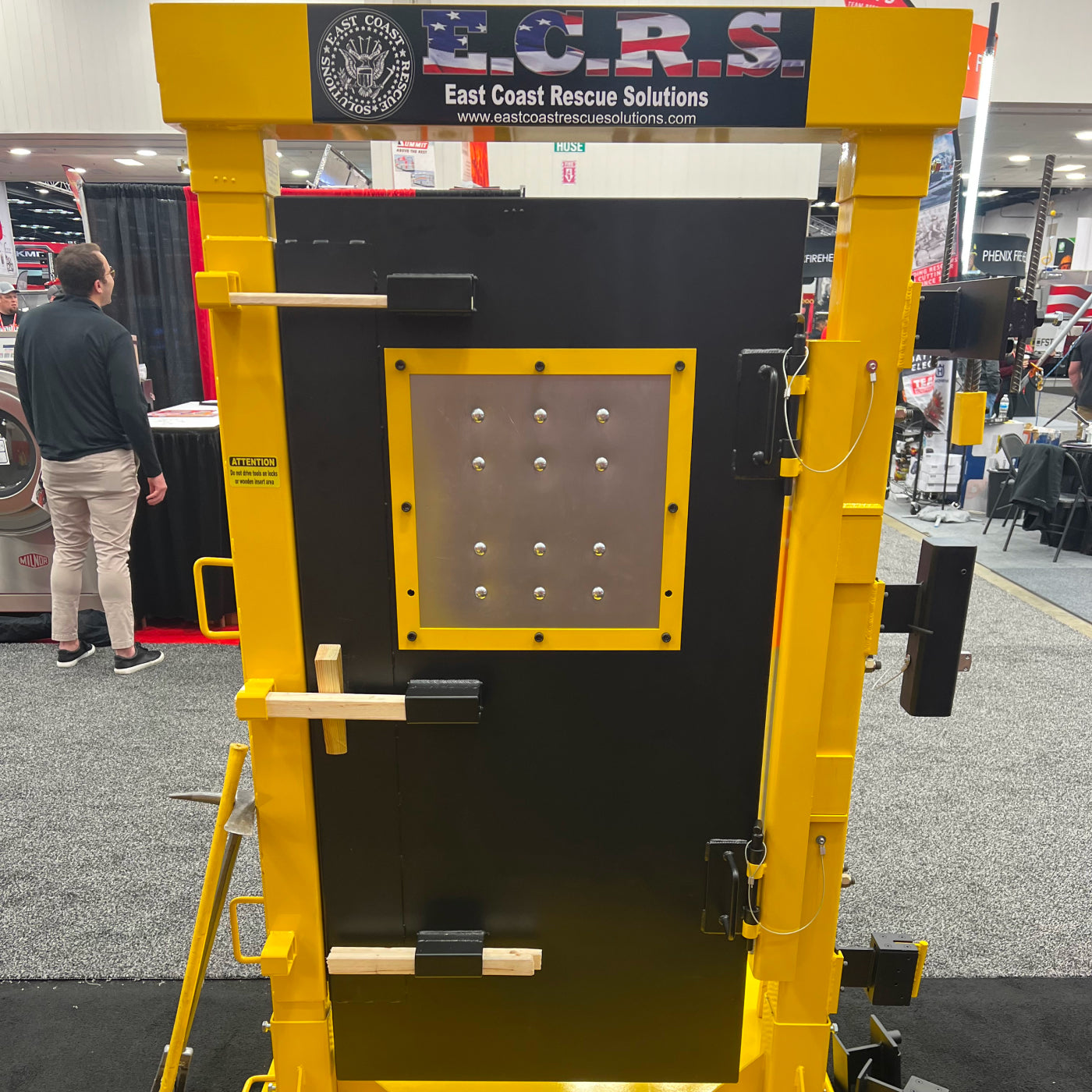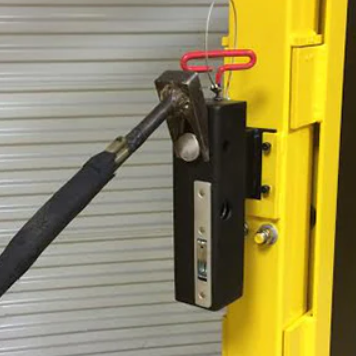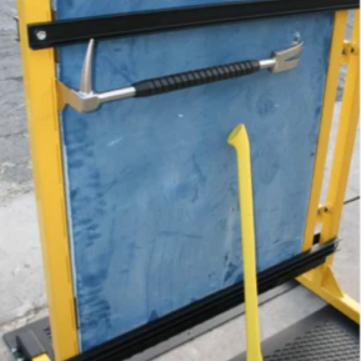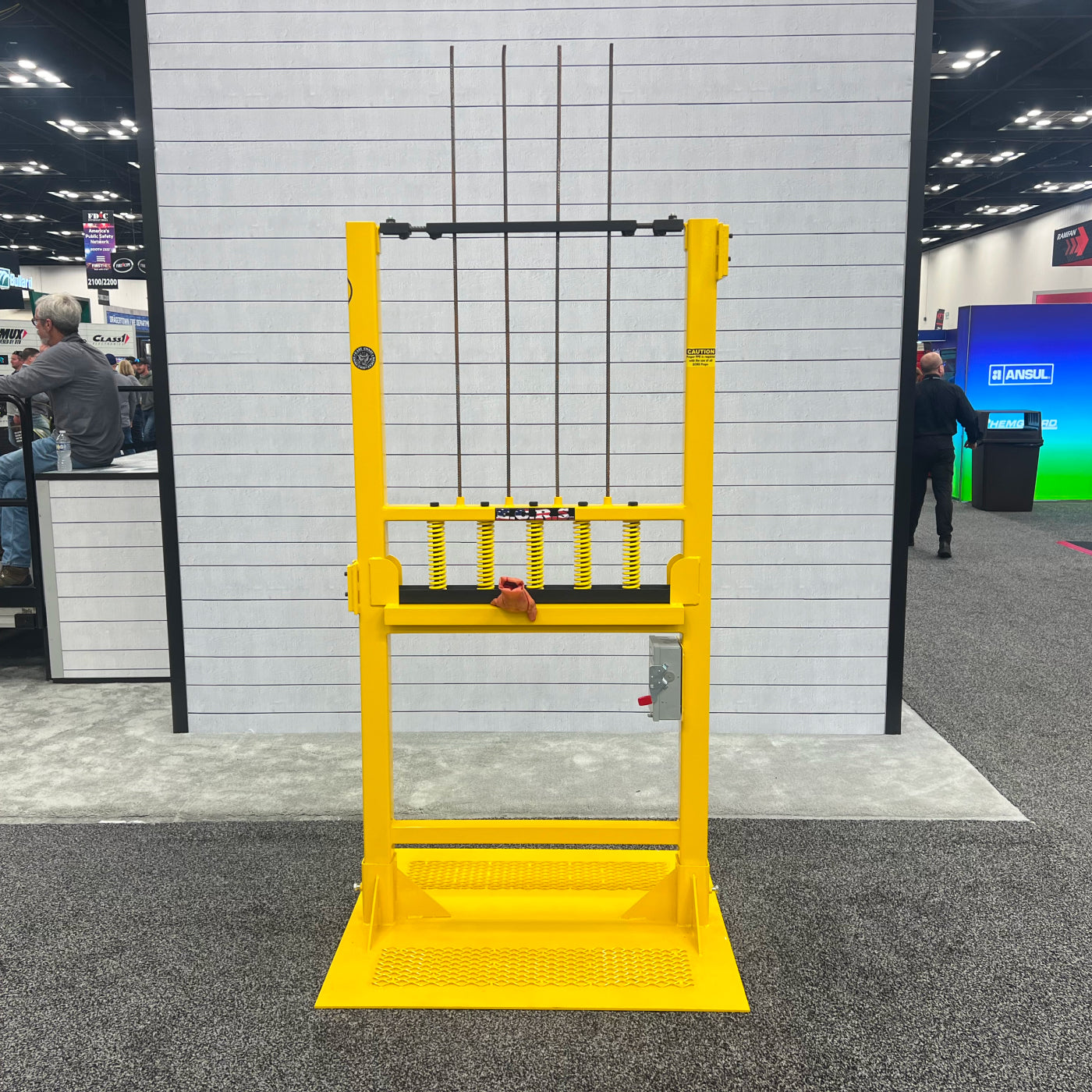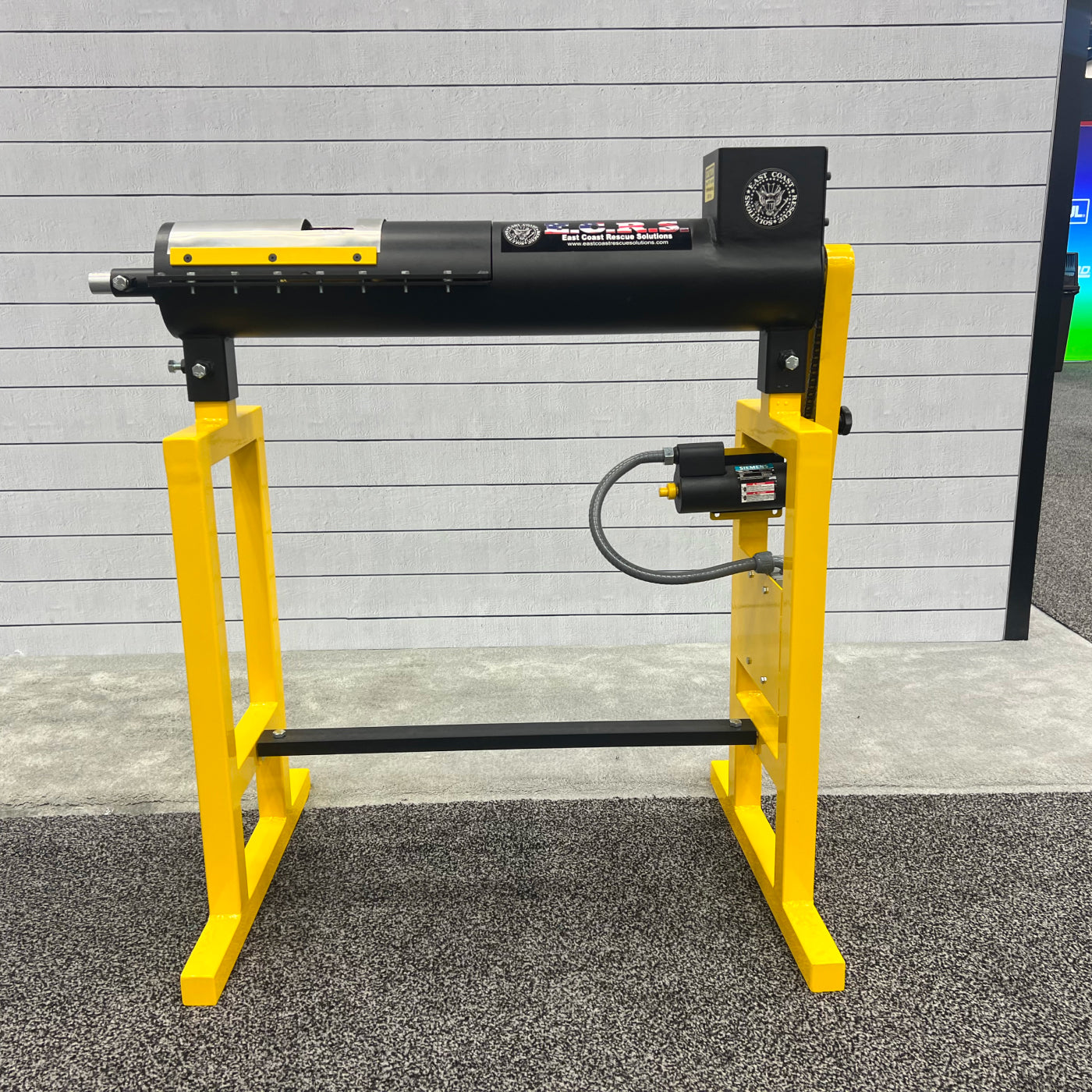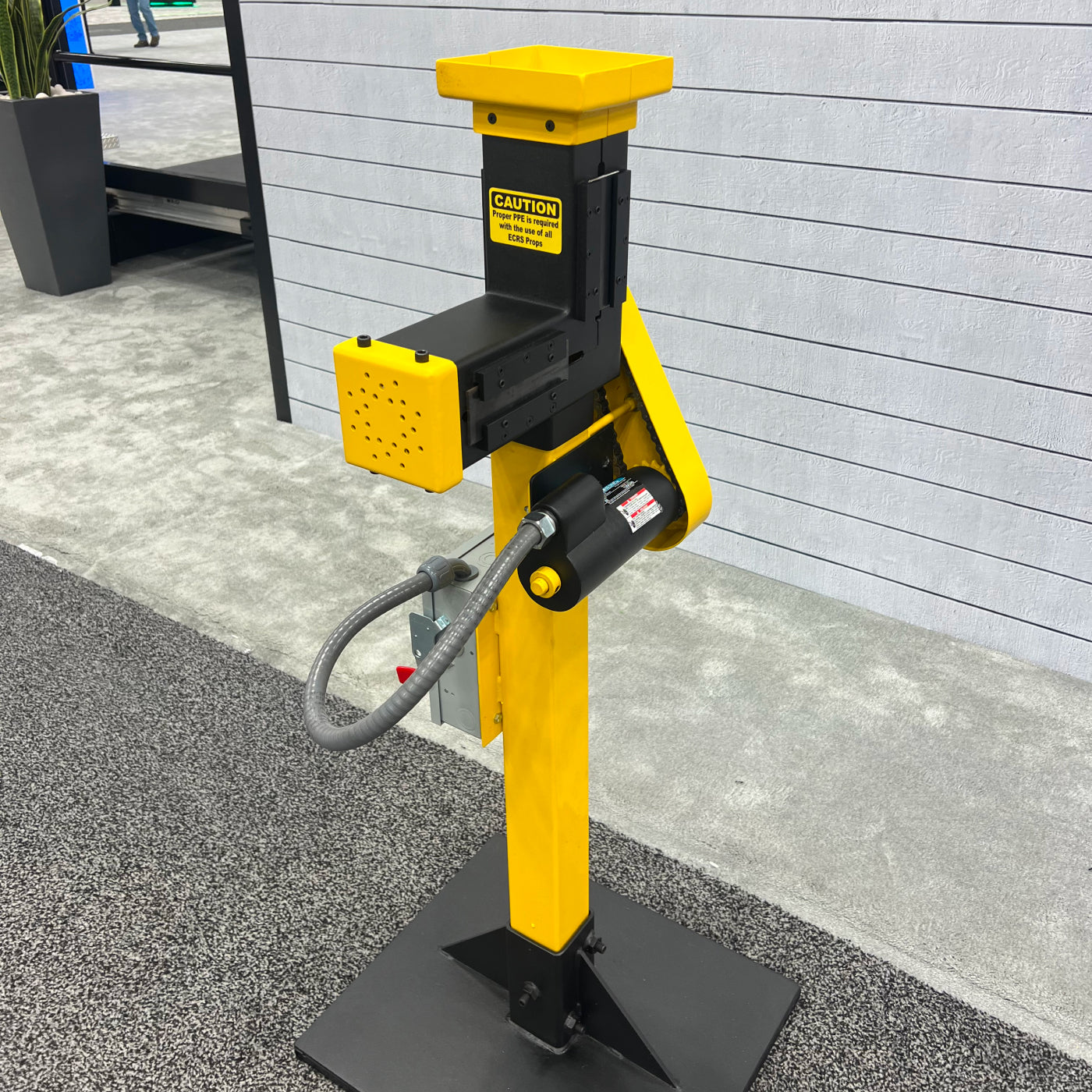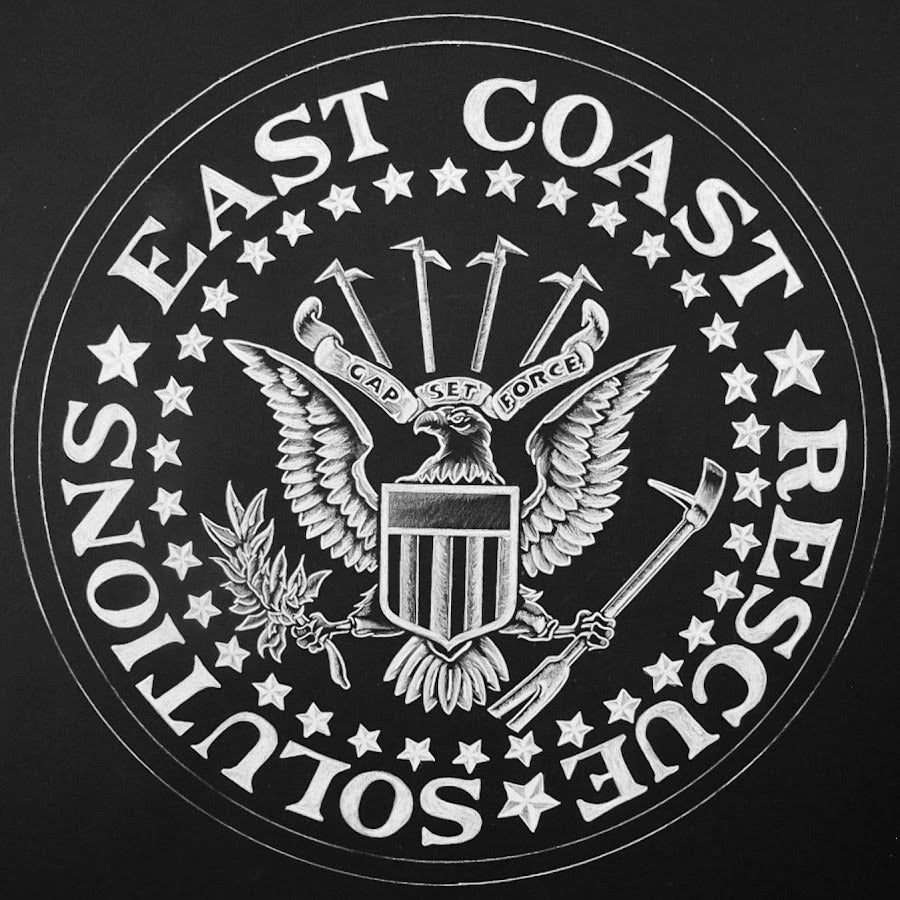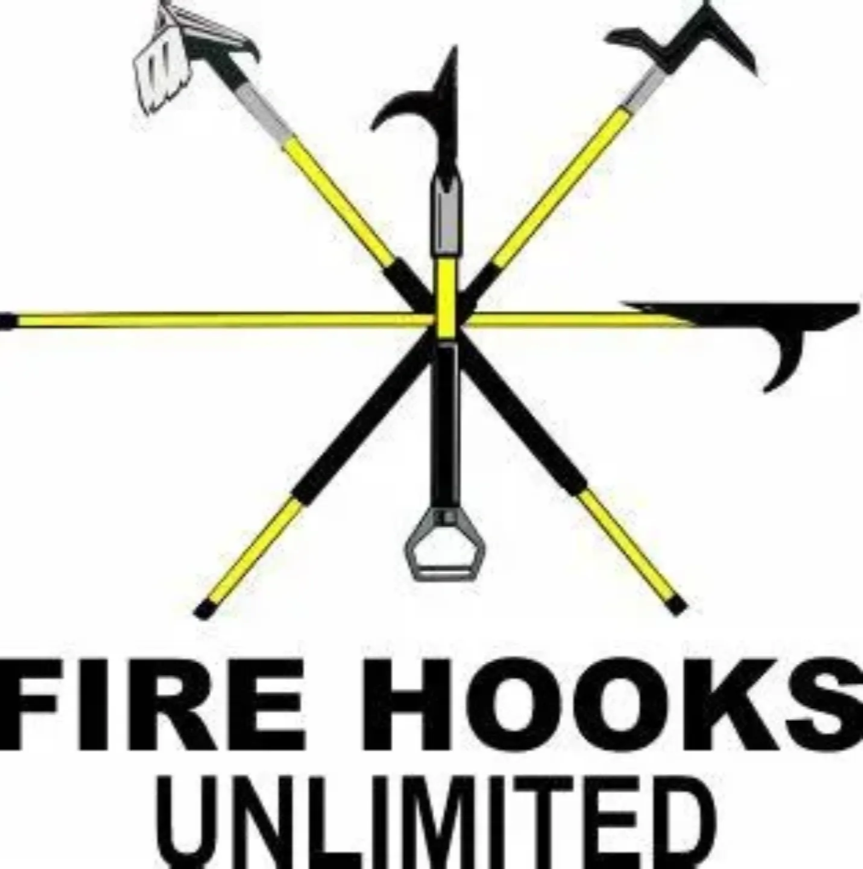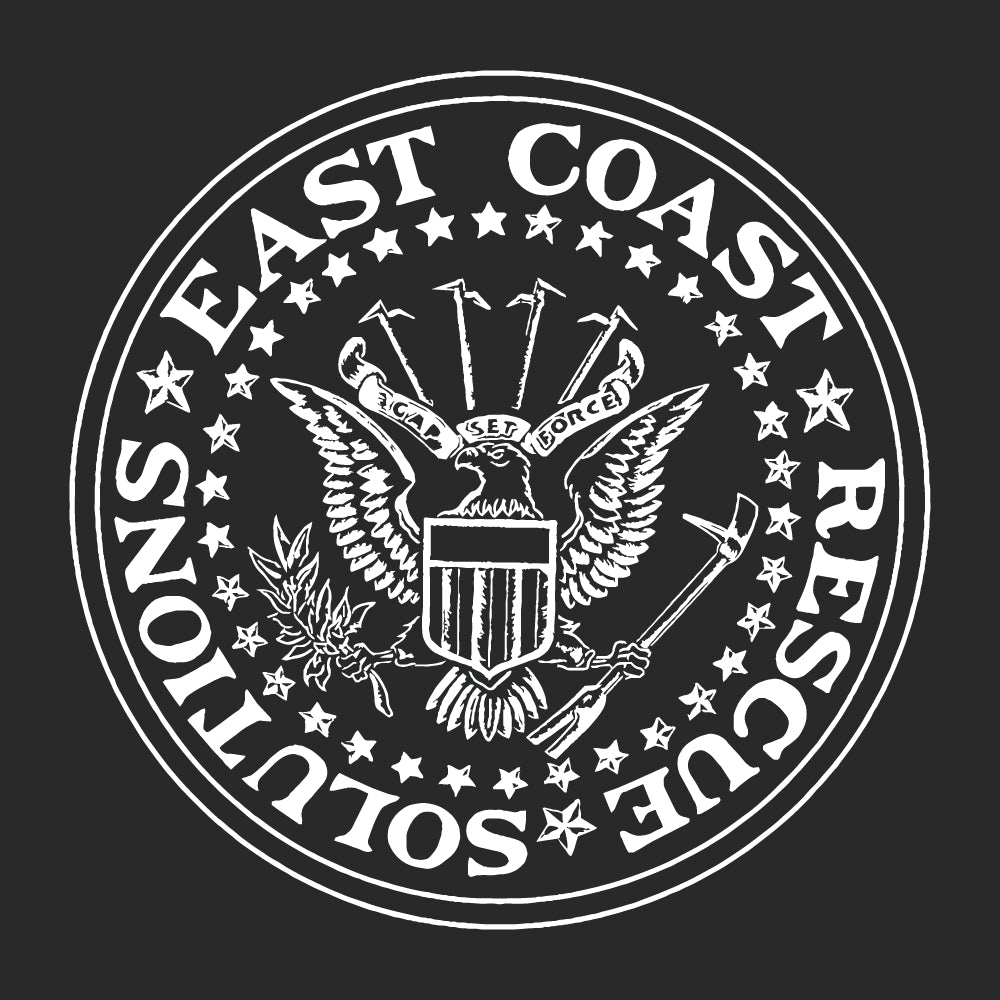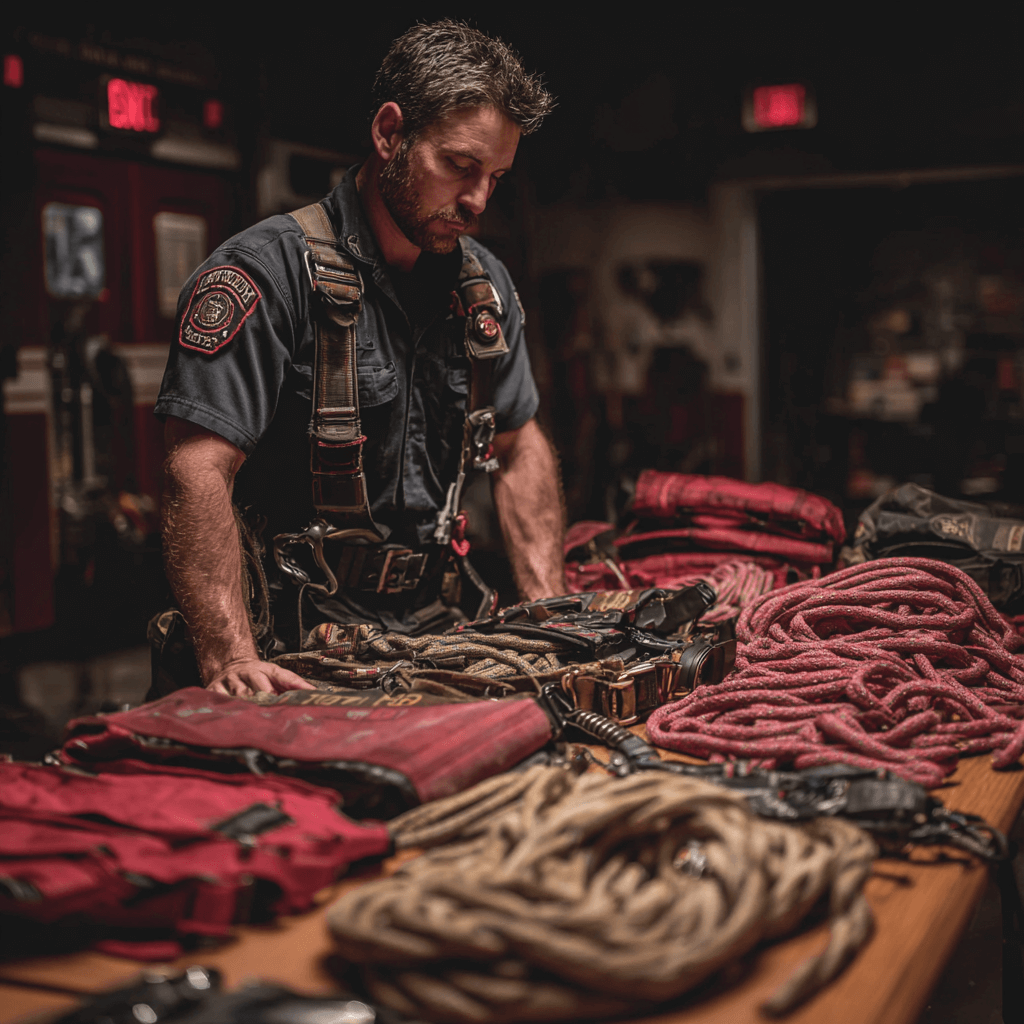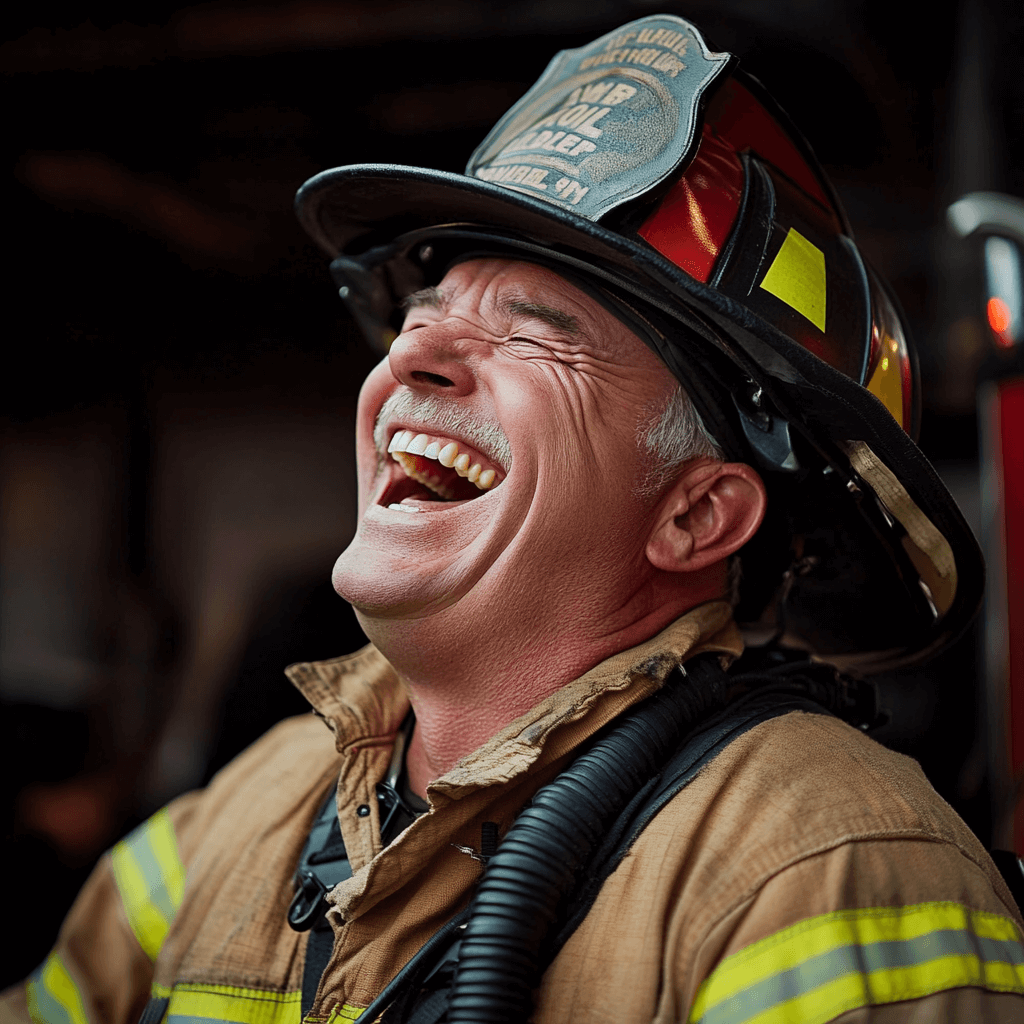Every firefighter knows the risks that come with the job. You spend your days preparing for the worst—learning to force doors, ventilate roofs, rescue trapped victims—because when lives are on the line, there’s no room for uncertainty.
But the truth is, preparation shouldn’t only be for fighting fires.
If something were to happen to you on duty, would your family know what to do? Would they be protected—financially, legally, and emotionally?
Making plans now isn’t giving up hope. It’s an act of love.
It’s one last way to take care of the people you leave behind.
Why Every Firefighter Should Have a Plan
It’s a harsh reality: even with the best training and equipment, firefighters face some of the highest risks of injury and death among all professions.
Cardiac events, structural collapses, wildland entrapments—these tragedies happen fast, often without warning.
And it doesn’t matter if you’re just starting your career or a seasoned veteran. When you put on the gear, the risk is real.
Having a plan in place ensures that, even if the worst happens, your family isn’t left scrambling through grief and paperwork trying to guess your wishes.
✅ Remember:
You’re not planning because you expect to fall.
You’re planning because you love the ones you might have to leave behind.
Life Insurance: Your Family’s First Financial Safety Net
If you pass away in the line of duty, life insurance can be the lifeline your family needs to survive the first months and years without your income.
-
Employer-provided insurance is a start, but it’s often not enough. Many departments offer $50,000–$100,000 policies, but that won’t stretch far when facing mortgages, college tuition, or lost income.
-
Private life insurance policies allow you to customize coverage. Look for a policy large enough to:
-
Pay off debts (mortgage, loans)
-
Cover everyday living expenses for several years
-
Fund your children’s education
-
Support your spouse’s retirement if needed
✅ Tip:
Update your life insurance beneficiaries whenever you experience major life changes—marriage, divorce, new children.
Wills and Trusts: Making Your Wishes Clear
Without a will, the government—not you—decides how your property and assets are divided.
Every firefighter should have:
-
A legally executed will that clearly states:
-
Who receives your assets
-
Who will care for your minor children (guardianship)
-
Final wishes about services, burial, etc.
-
A living trust if you have significant assets, to help avoid probate delays and legal fees.
✅ Tip:
Hire an attorney who specializes in estate planning for first responders. Many offer discounted rates for firefighters.
Line-of-Duty Death Benefits: What Your Family May Be Entitled To
If the worst happens, your family may be eligible for several benefits:
-
Federal PSOB (Public Safety Officers' Benefits)
Provides a one-time payment (over $400,000 as of 2024) to eligible survivors of firefighters who die in the line of duty. -
State and Local Benefits
Many states offer pension continuations, tuition assistance for surviving children, and additional monetary benefits. -
Fire Department and Union Support
Some departments have benevolent funds, memorial support, or immediate financial aid for families.
✅ Tip:
Keep a file with the contact names, numbers, and procedures your family would need to access these benefits quickly.
Important Documents Your Family Will Need—and Where to Keep Them
If something happens, your family needs fast access to critical paperwork. Set up a secure system that includes:
-
Life insurance policy information
-
Copies of your will and trust documents
-
Mortgage, bank, and loan documents
-
Fire department benefit paperwork
-
Pension/retirement account info
-
Emergency contacts and key department phone numbers
-
Personal letters or instructions (optional but powerful)
✅ Pro Tip:
Store these in a fireproof safe at home or in a secure online vault.
Make sure your spouse, partner, or a trusted family member knows how to access them immediately.
Talking to Your Family: Why It’s Hard—but Necessary
Starting this conversation is tough. No one likes to think about dying, especially when you work so hard to stay safe.
But letting your family know:
-
Where documents are located
-
What benefits they are entitled to
-
Who to call first
-
What your personal wishes are
will spare them overwhelming confusion during the worst days of their lives.
✅ Tip:
Frame it like insurance:
"We hope we’ll never need it—but if we do, I want you protected."
How Your Crew Can Help Protect Your Family Too
Firefighting isn’t a solo job, and neither is protecting your family.
Make sure:
-
A trusted member of your crew knows you’ve prepared a plan.
-
You’ve filled out any department-required emergency contact or beneficiary forms.
-
Your officer or department has basic info on your wishes if you haven't yet completed full paperwork.
Most departments will rally to help your family—but they can only do so quickly if you’ve made your wishes clear.
✅ Tip:
If your department offers a Family Support Liaison Program, sign up and update your info annually.
Conclusion: Preparing Is an Act of Love, Not Fear
You train harder, smarter, and faster every day to protect people you’ve never even met.
Isn’t it just as important to protect the people who matter most to you?
Setting up your family for the unthinkable doesn’t mean you expect to fall—it means you love them enough to protect them every way you can.
Because at the end of the day, being a firefighter is about courage.
And sometimes, courage means facing the hardest questions—and making sure the people you love are ready, no matter what.
Prepare today. Protect forever.

